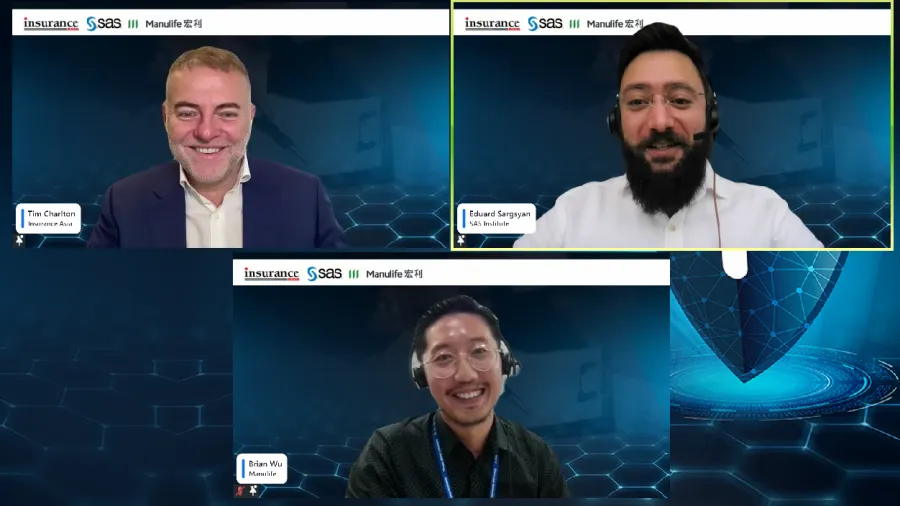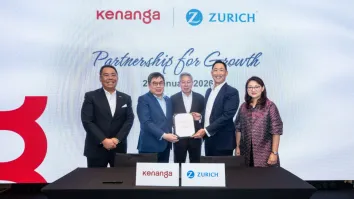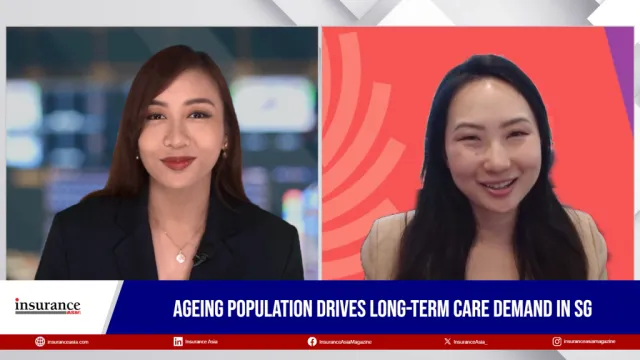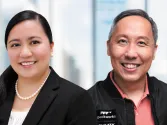
Experts highlight proactive insurance fraud prevention that combines tech, human expertise
Eduard Sargsyan and Brian Wu stressed that whilst advanced technology can increase efficiency, human expertise offers contextual knowledge to complement tech’s capabilities.
As advanced technologies like artificial intelligence (AI) are being used to craft more convincing insurance fraud scams, insurance companies today have to adopt a more proactive approach that uses both the efficiency of technology and investigative human expertise.
Insurance Asia and SAS’s recent webinar, “Strengthening Defences: Navigating Insurance Fraud Prevention with SAS,” delved into these new vulnerabilities in the insurance fraud landscape. The event brought together key industry leaders Eduard Sargsyan, Head of Insurance Business Advisory (Asia Pacific and Emerging EMEA) at SAS Institute, and Brian Wu, Director, Anti-Fraud Officer, Asia Segment at Manulife, to discuss the tactics that are now being adapted by fraudsters.
Whilst AI and machine learning can be helpful in fraud detection, insurers have to integrate them without compromising customer experiences. Wu noted that fraudsters have found ways to use generative AI tools like ChatGPT to craft more convincing scams. These more sophisticated tactics have lowered customers’ vigilance, making them more vulnerable.
“It's crucial to focus on enhancing fraud detection capabilities, like investing in advanced analytics and machine learning solutions so that we can stay ahead of emerging trends,” Wu said.
Sargsyan noted that the rise of fraudulent claims in Asia Pacific is driven by a wider range of trends as well, particularly economic pressures like poverty and inflation. “All over the world, inflation is increasing and that makes people use their insurance products as something that can give them money back. Agency gaming is more of a real problem especially in the Asia Pacific, because a lot of people notice that they can fake policies and customers might not even understand that they are not communicating with a real agent,” he said.
According to Sargsyan, insurers need to transition from reactive detection to proactive fraud prevention strategies. Modern digital technologies play a crucial role in this shift, as Sargsyan highlighted the importance of anomaly detection, AI and predictive modelling, graph analytics, and text mining, amongst others. However, the efficiency that comes with AI is not enough as human investigators will ultimately look into these issues.
“We are talking not only about AI but also about automating, facilitating, and increasing the speed and efficiency of the investigators by providing them with modern tools to visualise those networks and collusions, to see all the alerts and information that are necessary for them,” he said. He also underscored the importance of high-quality data for accurate, data-driven fraud detection.
Both Sargsyan and Wu emphasised a holistic approach that combines technology with human expertise.
Sargsyan particularly highlighted SAS’ approach to insurance fraud detection, which entails continual monitoring, data management, hybrid analytics (a combination of techniques including predictive modelling, anomaly detection, network analytics, text mining, and business rules, etc.), investigation and intelligence updates. He underscored the importance of investigation and intelligence updates, as a robust feedback mechanism involving human investigators improves fraud detection processes over time. “At the end of the day, people decide whether it's fraud, waste, and abuse (FWA),” he added.
In addressing common types of fraud, such as hospital and accidental claims, the panellists noted the importance of rapid and efficient fraud prevention to ensure customer satisfaction and retention. They also discussed the latest cost-effective technologies and methodologies in claims FWA detection.
Sargsyan and Wu agreed that a combination of machine learning, anomaly detection, and human intelligence is essential for effective fraud prevention. They reiterated the necessity of a collaborative effort, involving various teams and continuous innovation to stay ahead of fraudsters.



















 Advertise
Advertise





